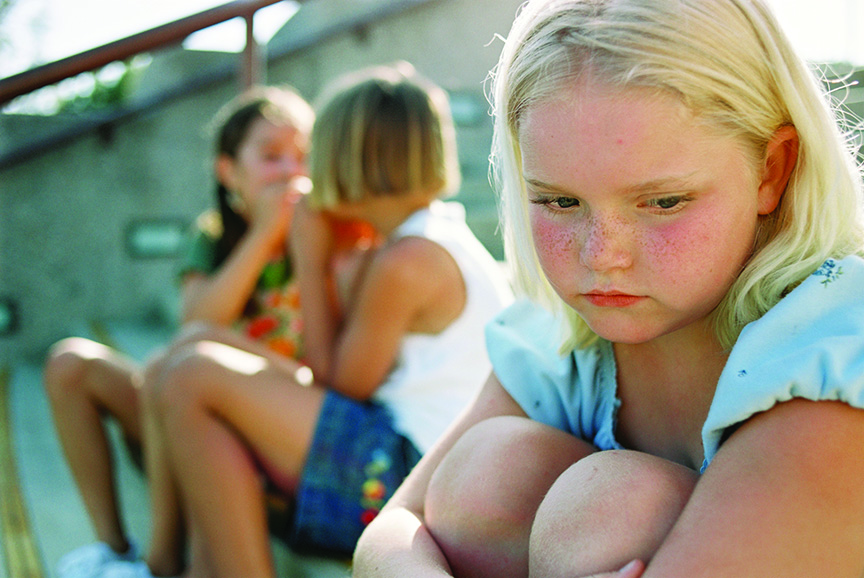A changing world can create feelings of helplessness, lack of safety, and the belief that things are out of control. As a result, people can experience anxiety, which is a natural and physiological reaction the body has to fear and worry. Anxiety can occur when major life changes happen and our very notion of normal is challenged.
What is anxiety?
Anxiety is important for our survival (real threats), and it can also become triggered by perceived threats. When this occurs the body responds with a signal which tells us to fight, flight, or freeze from the real or perceived danger(s). The fight response may present as becoming angry, frustrated, or having outbursts toward others. The flight response may present as avoidance of particular places (e.g., parties, large events), or fleeing an environment which feels uncomfortable. The freeze response may present as not responding to people in our immediate space.
I’m sure you can all recall a situation where you had to make a presentation in front of a large group, or had to write an exam. Then the moment you enter the room to speak, or sit down to write your exam, you feel like you forgot everything. This is a classic example of perceived danger where the body goes into alert in a armless situation. The knowledge is still there, but we cannot access the information for a presentation or an exam because the system is in a vigilant state. When this occurs, higher cognitive centers of the brain can go offline, which reduces our ability to problem solve or access knowledge. Instead, the part of the brain working overtime is simply saying, fight, flight, or freeze.
Some common responses to anxiety can include increased heart rate, sweating, feeling warm, nausea, vomiting, feeling dizzy, and experiencing shortness of breath. It is also important to keep in mind that anxiety is very subjective, and we all experience it differently.
What can you do?
The initial building blocks of managing anxiety involves creating physical stability and safety through consistency and structure. Environmental stressors can cause strain on our physical bodies, and can impact sleep, eating & hydration, interpersonal relationships, and physical routines. Creating a sleep hygiene routine is important to ensure you are getting quality sleep.
It is not about the amount of hours, but the quality of your sleep. Sleep hygiene involves relaxing activities prior to bedtime such as: reading, writing, warm bath/shower, deep breathing and grounding exercises, or drinking warm milk. These types of activities signal relaxation, versus activities such as video games, electronics use, eating heavy foods before bedtime, or consuming alcoholic and caffeinated beverages. Food and water are fuel for your body, and meal prepping can be a great way to ensure you are eating healthy and staying hydrated.
Consider ways to create social relationships through alternative means such as phone or video calls, playing a board game with family, or taking an online class. Get active! Moving our bodies is key to maintaining health, especially during stressful times.
Routine and structure are important in recreating safety and consistency. Consider what this looks like for your family, and collaborate to see what works for you all. Collaboration offers choice in a world where choice may not appear to exist. For example, work together to create a homeschooling routine, a work from home schedule, or family time. Sending well wishes to you all. Stay safe and healthy Chestermere










